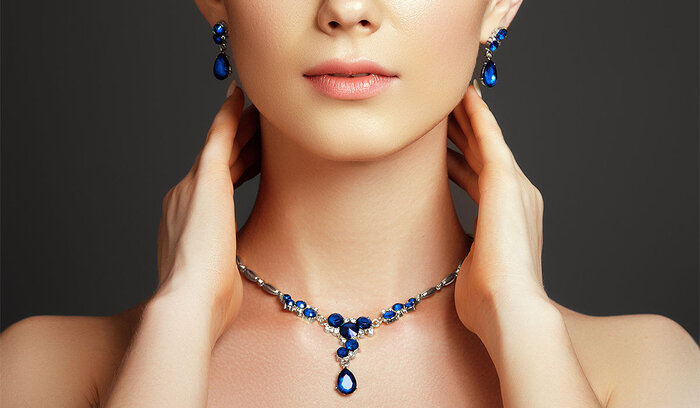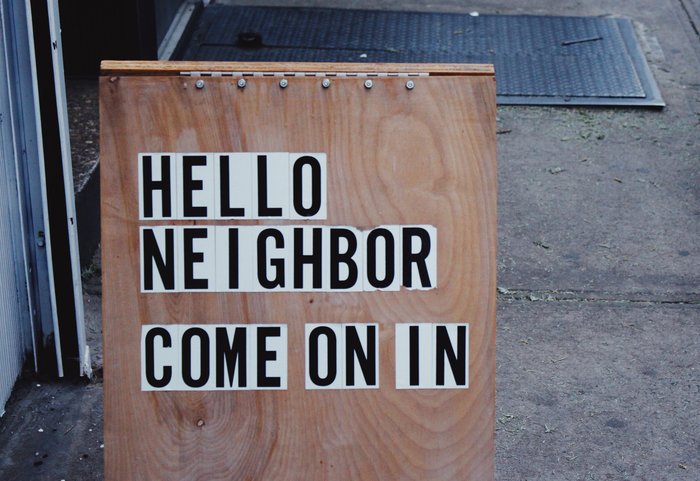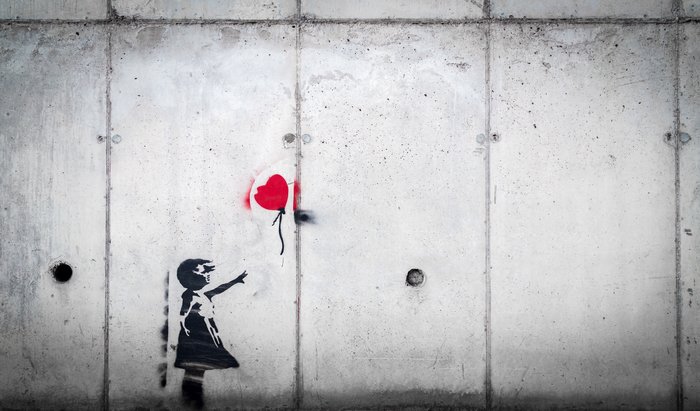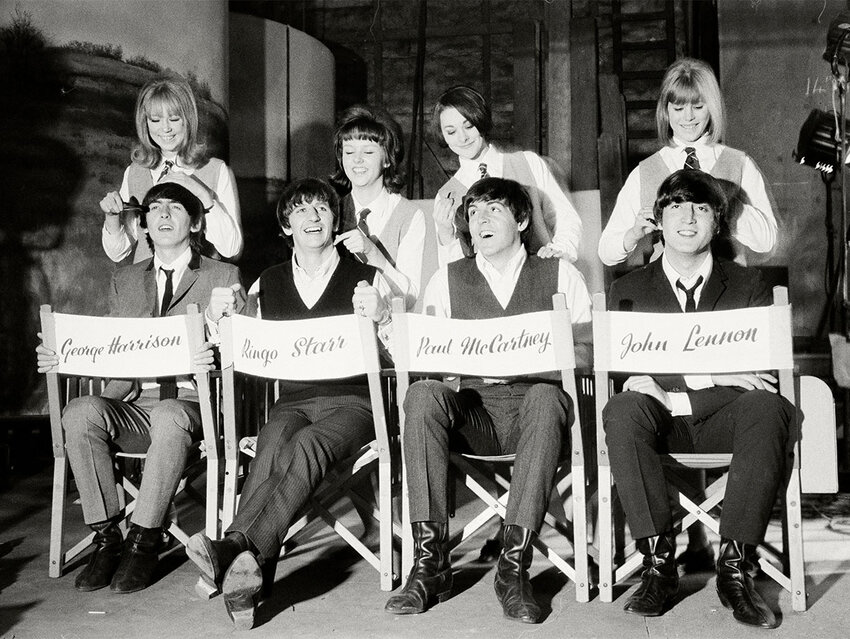
Parure
[pə-ROOR]
Part of speech: noun
Origin: Latin, early 17th century
1.
A set of jewels intended to be worn together.
Examples of Parure in a sentence
"The Spanish royal family has an impressive collection of parures."
"Sophie’s great-grandmother passed down her prized parures in her will."
About Parure
This word stems from the Old French “pareure,” meaning “ornament.” It originates from “parer,” which means “to prepare, adorn.”
Did you Know?
A full parure usually includes a ring, earrings, a bracelet, a necklace, and a brooch. However, they can be quite elaborate and also include tiaras, diadems, aigrettes, and more. A demi-parure is a less elaborate jewelry suite of only two or three pieces. Parures became fashionable among the French upper class in the late 17th century, when evening salons became popular and jewels were worn with formal dress to signify prestige.








